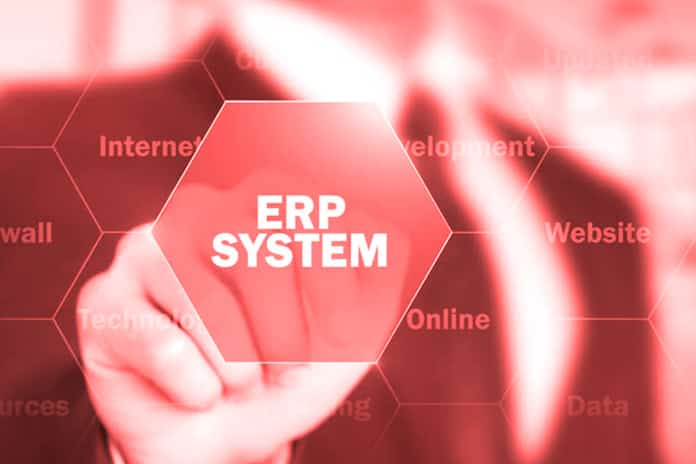The process of implementing an ERP in an SME is not an easy process to carry out, and as if this were not enough, it must be carried out with all the care in the world, since this business management software constitutes the cornerstone of every company, due to It integrates a set of important processes, such as accounting, production, sales, among other processes.
As you probably already know, the benefits of implementing ERP software are many, ranging from reducing costs to increasing productivity and therefore growing faster than competitors, however, as well as bringing benefits as well brings headaches, for example, investment of time, investment of personnel, economic investment, etc.
As it has so many implications in the company, regardless of the sector in which it is managed, whether it is an installation company, works and services companies or a distribution company, it is necessary to guide efforts in the best possible way, to guarantee the Therefore, here are some factors to consider when implementing an ERP in a small and medium industry:
1. Define where the company wants to go, that is, the company must have well-defined goals for what it hopes to achieve with the implementation of ERP. By having clear ideas, the actual scope can be determined and the necessary solutions can be chosen prior to implementation.
This process is of utmost importance since it will depend on whether the objectives are met or not, and it will also avoid future costs associated with the installation of new modules that were not intended to be installed during this process.
2. The installation of ERP software brings with it a set of consequences, one of which is that it may slightly affect the way employees work, along with the functions it performs.
Consequently, employees will require training to learn how to work with ERP software, since the employee is a fundamental part of success in an SME. Inadequate training can result from misinterpretation of the data thrown by the ERP software to even cause employee rejection of the program. These consequences mean that ERP software in SMEs fails from the start. With respect to this point, many companies that supply the software estimate that the cost of training the personnel can be up to 20% of the total cost of implementation.
3. The hiring of expert advice capable of providing support to the company is a factor that should not be forgotten. The purpose of this factor is for the SME to have service support and thus be able to achieve agile processes without interruptions, caused by errors in the ERP software.
Whenever there is a setback, you can count on this company of consultants, able to act immediately to provide the solution or to optimize a certain process. For example, an installation company may need optimization on certain modules that a distribution company may not require, and this can easily be done by an ERP consultant.
4. The documentation of the methodology applied during implantation is important. It is also vitally important to establish the responsibilities of each of the members who will operate the ERP software and thus to know the functions they will perform.
5. When hiring an external consultant, it is necessary to maintain constant communication with this entity. Constant communication will allow you to find timely solutions to certain errors or even follow up on processes that can be improved. The expert team will know how to guide the company in these types of adjustments, therefore it is essential to always pay due attention to them.
6. The implementation of an ERP is a process that involves all the departments of the company, that is, it involves both employees and managers. This will help the problems that arise to be solved comprehensively and also ensure the necessary resources for it.
These described factors must be taken into account when implementing an ERP in an SME, thus achieving in the future to avoid expenses that are significant but above all some stoppage in the production process of the company.
Also Read: ERP Systems: How Companies Can Migrate To The Cloud



